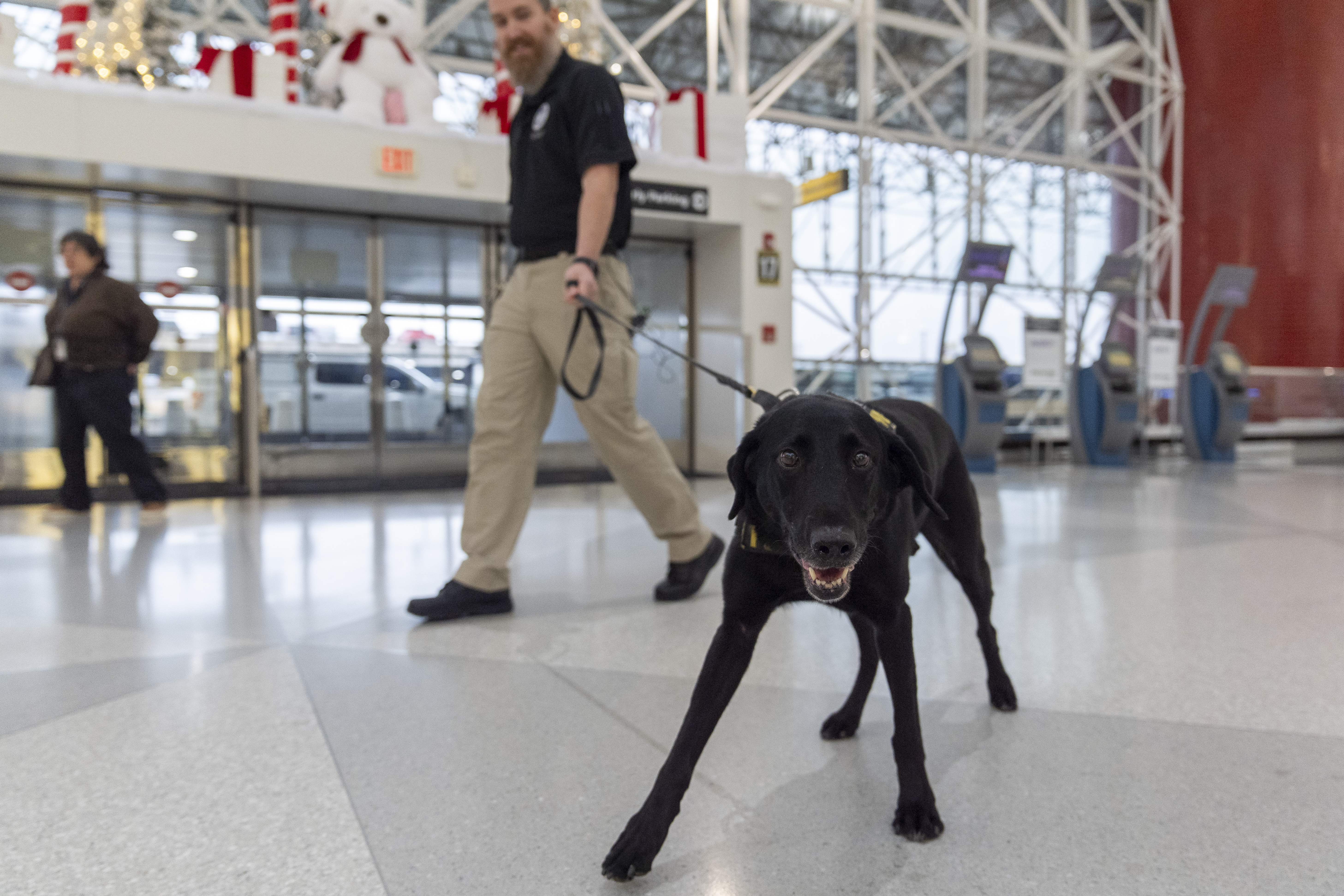Boston Marathon bomber Dzhokhar Tsarnaev was found guilty on all counts Wednesday, setting the stage for a possible death sentence for his role in the attacks that killed three people, including an 8-year-old boy, and brought the city to a standstill nearly two years ago.
Tsarnaev seemed to have little reaction as a federal jury delivered guilty verdicts on all 30 counts he faced, most of which could result in a death penalty sentence. At times, he looked down or at his attorneys, NECN's Alysha Palumbo reported, leaning back in his chair and playing with his hair before the jurors left the courtroom.
Tsarnaev, who according to prosecutors wrote that the bombings were retaliation for Muslim deaths, was captured three days after pressure cookers exploded near the marathon's finish line in April 2013. More than 260 people were injured, some of them losing limbs.
"The incidents of those days have forever left a mark on our City," Mayor Marty Walsh said in a statement after the decision was returned. "As we remember those who lost so much, we reflect on how tragedy revealed our deepest values, and the best of who we are as a community."
The penalty phase of the trial could begin as soon as next week, but has not yet been scheduled. Still, the guilty verdicts, delivered after 17 days of testimony and just 11 hours of deliberations, were met by officials and victims as an opportunity for the city to continue to heal following the devastating blasts.
"Today's verdict will never replace the lives that were lost and so dramatically changed, but it is a relief, and one step closer to closure," Jeffrey Bauman, who lost both legs in the bombing, said in a statement.
Timothy P. Alben, superintendent and colonel of the Massachusetts State Police, said the department hopes "to turn another page in the recovery and healing of our community."
U.S. & World
"We are hopeful that in justice, those that have been injured may find some sense of peace," he said.
From the trial's opening statements, there seemed to be little doubt that Tsarnaev would be found guilty. His noted defense lawyer, Judy Clarke, conceded that it was Tsarnaev shown in surveillance footage leaving behind a bomb hidden in a backpack.
Assistant U.S. Attorney Aloke Chakravarty, in his closing argument on Monday, portrayed Tsarnaev as a full participant in the bombings as he “brought terrorism to backyards and Main Street.”
"He wanted to terrorize this country," Chakravarty said. "He wanted to punish America for what it was doing to his people."
Clarke, known for helping notorious criminals avoid death sentences, countered that Dzhokhar Tsarnaev was an adolescent drawn into the passion of his older brother. He knew it was wrong to kill innocents but thought that his actions would make a difference, she said.
"We don't deny that Dzhokhar participated in these events, but if not for Tamerlan it would not have happened,” she said.
Tsarnaev’s lawyers have been focused on sparing him the death penalty. They have portrayed the now 21-year-old as an impressionable young man in the sway of his older brother, Tamerlan, who became a radicalized Muslim. The brothers, ethnic Chechens, had fled violence in the Russian Caucasus region.
Tsarnaev faced 30 charges, 17 of which carry the death penalty. They included conspiracy to use a weapon of mass destruction resulting in death, the use of a weapon of mass destruction resulting in death and possession and use of a firearm during and in relation to a crime of violence in resulting in death.
Bombing victim Jarrod Clowery told NECN he wasn't surprised by the verdict. He said he hoped Tsarnaev would get life in prison instead of death.
He also said he had eschewed following the trial closely in favor of moving on from the trauma of two years ago. He's now filming a TV show about pool and billiards called "The Hustlers."
"Overall, me and some of the other survivors I know, we're moving on," he said. "I'm living my life."
Tamerlan Tsarnaev was killed during a shootout with police and after Dzhokhar Tsarnaev ran him over while trying to escape, according to prosecutors. Dzhokhar Tsarnaev was found hiding in a boat.
In instructions to the jurors, Judge George A. O’Toole Jr. of Federal District Court in Boston told them they could decide that Tsarnaev committed the crime directly, abetted in the crime or both.
In addition to the marathon bombing, Tsarnaev was found guilty of killing MIT police officer Sean Collier.
Chakravarty told the jurors that Tsarnaev could see that children were in front of him at the marathon's finish line.
He argued that the lectures on terrorism and songs that Tsarnaev had listened to for more than a year had convinced him that he was doing right.
The government showed jurors photographs after the bombs went off, including one of Krystle Campbell, a 29-year-old restaurant manager, screaming in pain moments before she died.
Eight-year-old Martin Richard and Lingzi Lu, a 23-year-old graduate student from China, both bled to death after being hit by shrapnel from the two bombs. On surveillance video, Martin’s father, Bill, is trying to get help.
Clarke said Dzhokhar Tsarnaev’s prints were not found on the bomb-making materials only his brother's, and it was Tamerlan Tsarnaev who bought the batteries and other items used to set off the bombs.
Tsarnaev’s lawyers called only four witnesses, all of them investigators who gathered evidence.
A terrorism expert testifying for the government told jurors that a note written by Tsarnaev while he was hiding in the boat included themes of global jihad, echoed ideas found in the al Qaida magazine, Inspire, and condemned U.S. wars in Iraq and Afghanistan.
The government offered graphic testimony about the victims’ wounds.
Alysha Palumbo and Glenn Marshall contributed to this article.



